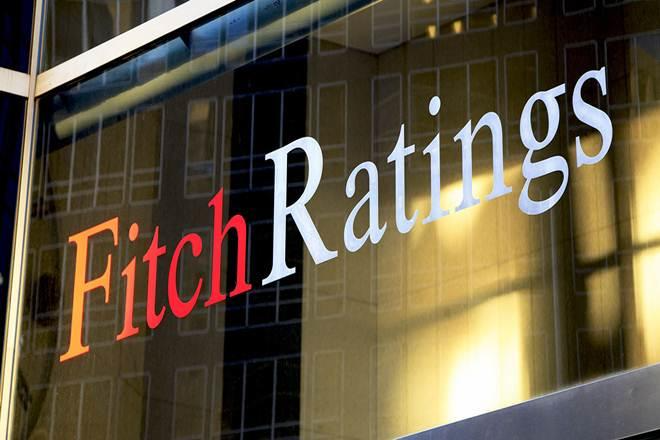Nigeria’s debt rating outlook was lifted by Fitch Ratings to positive from stable, six months after it said that reform progress since President Bola Tinubu came to power in May of last year was faster than it anticipated.
“The Positive Outlook partly reflects reforms over the last year to support the restoration of macroeconomic stability and enhance policy coherence and credibility,” Fitch said in a statement on Friday. It affirmed Nigeria’s long-term foreign-currency issuer default rating at B-.
The ratings firm had earlier expressed concerns that weak governance, security challenges, high inflation, structurally low non-oil revenue, high hydrocarbon dependence, and weakness in the exchange-rate framework would constrain economic growth in the West African nation. Yet, it also expressed optimism that Tinubu would carry out market-friendly reforms, in contrast to predecessors who pursued unorthodox policies that deterred investment.
Tinubu, who will mark a year in office on May 29, has initiated policy changes including reducing costly fuel and electricity subsidies, while allowing the naira to trade more freely. A nearly 70 per cent depreciation and savings from the reduction in subsidies have boosted the government’s naira income and improved its fiscal outlook. Investors have largely welcomed the measures, with Nigerian stocks rallying to a record high and dollar bond yields declining.
“The reforms have reduced distortions stemming from previous unconventional monetary and exchange rate policies, resulting in the return of sizable inflows to the official foreign exchange market,” Fitch said
The government has said it’s seeking to boost its tax-to-revenue ratio to about 18 per cent of gross domestic product from 10 per cent currently, one of the lowest levels globally. It also hopes to cut the ratio of revenue that goes to debt service to 45 per cent this year from about 98 per cent in 2023.
Efforts to cut the debt-service burden have been complicated by a 600 basis-point increase in local interest rates as the central bank seeks to curb accelerating inflation, which is at a 28-year high. Public debt in Africa’s most populous nation has risen more than seven-fold since 2015 to 108 trillion naira as of December, with 39 per cent owed to external creditors including multilateral and commercial lenders.





